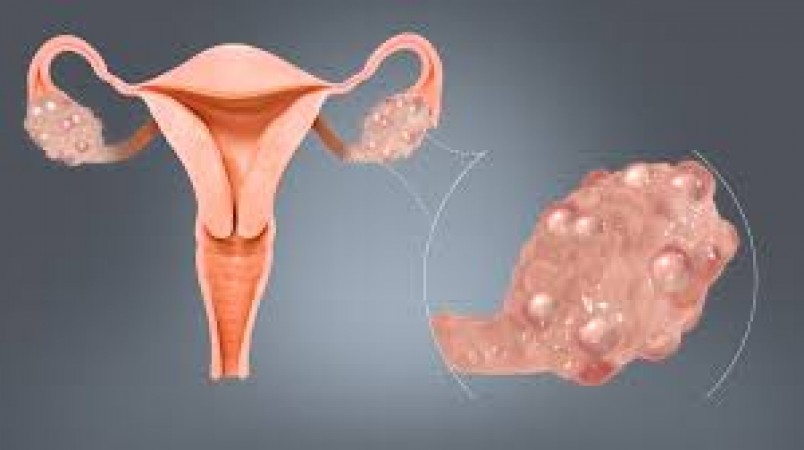
Polycystic Ovary Syndrome (PCOS), a hormonal disorder common among women of reproductive age, has witnessed a concerning surge in recent years. This article delves into the multifaceted reasons behind the escalating prevalence of PCOS, shedding light on the intricate interplay of various factors contributing to its rise.
PCOS is characterized by irregular periods, excess androgen levels, and polycystic ovaries. Its manifestations vary widely, ranging from acne and hirsutism to fertility issues and metabolic disturbances. Despite being a prevalent endocrine disorder, the exact etiology of PCOS remains elusive, posing a challenge for effective management and prevention strategies.
In today's sedentary lifestyle, physical inactivity coupled with unhealthy dietary habits has become a norm for many. High-calorie, low-nutrient diets laden with processed foods contribute to weight gain and insulin resistance, exacerbating hormonal imbalances associated with PCOS.
Exposure to endocrine-disrupting chemicals (EDCs) present in everyday products such as plastics, cosmetics, and pesticides has garnered attention for its potential role in disrupting hormonal balance. These EDCs mimic estrogen, interfering with the body's endocrine system and possibly contributing to the development of PCOS.
The modern-day epidemic of stress and its adverse impact on mental health cannot be overlooked in the context of PCOS. Chronic stress triggers hormonal fluctuations, particularly elevated cortisol levels, which can disrupt ovarian function and exacerbate PCOS symptoms.
While lifestyle factors play a significant role, genetic predisposition also contributes to the development of PCOS. Family history of the condition increases one's susceptibility, highlighting the complex interplay between genetic and environmental factors in its pathogenesis.
Despite its prevalence, PCOS often goes undiagnosed or misdiagnosed, leading to delayed treatment and management. Lack of awareness among both healthcare providers and affected individuals perpetuates this diagnostic challenge, hindering timely intervention.
Social and cultural norms surrounding body image and reproductive health can influence women's perception and management of PCOS. Stigma associated with weight gain and fertility issues may deter individuals from seeking medical assistance, further complicating the situation.
Limited access to healthcare services, particularly in rural and underserved areas, impedes early detection and management of PCOS. Comprehensive care, including hormonal evaluation, lifestyle modification, and psychological support, is essential for effectively addressing the multifaceted nature of this condition.
Shifts in demographic patterns, including delayed childbearing and rising obesity rates, contribute to the increasing prevalence of PCOS. Urbanization, coupled with changing cultural norms, has ushered in lifestyle modifications that predispose individuals to hormonal imbalances and metabolic disturbances.
Empowering women with knowledge about PCOS, its symptoms, and available treatment options is paramount in combating its rising prevalence. Advocacy efforts aimed at promoting awareness, destigmatizing the condition, and advocating for improved healthcare infrastructure are crucial steps toward addressing this public health challenge.
The surge in PCOS prevalence among women underscores the urgent need for a multifaceted approach encompassing lifestyle modifications, environmental awareness, healthcare advocacy, and education. By unraveling the intricate web of factors contributing to its rise, society can take proactive steps toward mitigating the impact of PCOS on women's health and well-being.
5 Weirdest Things in the World That Will Blow Your Mind
From Fried Stones to Fish Eyes: Unveiling the 7 Weirdest Breakfasts Around the World